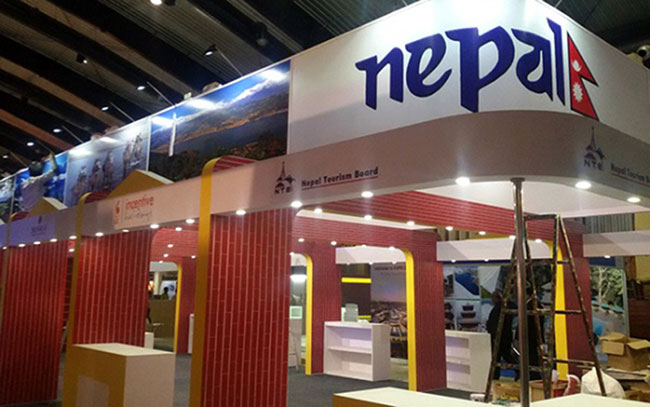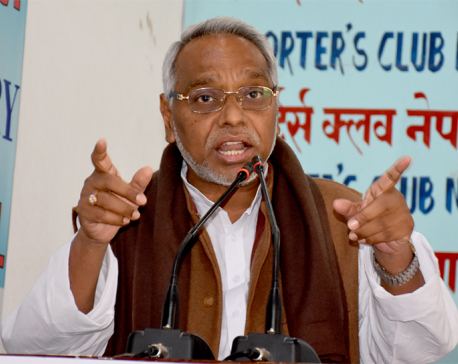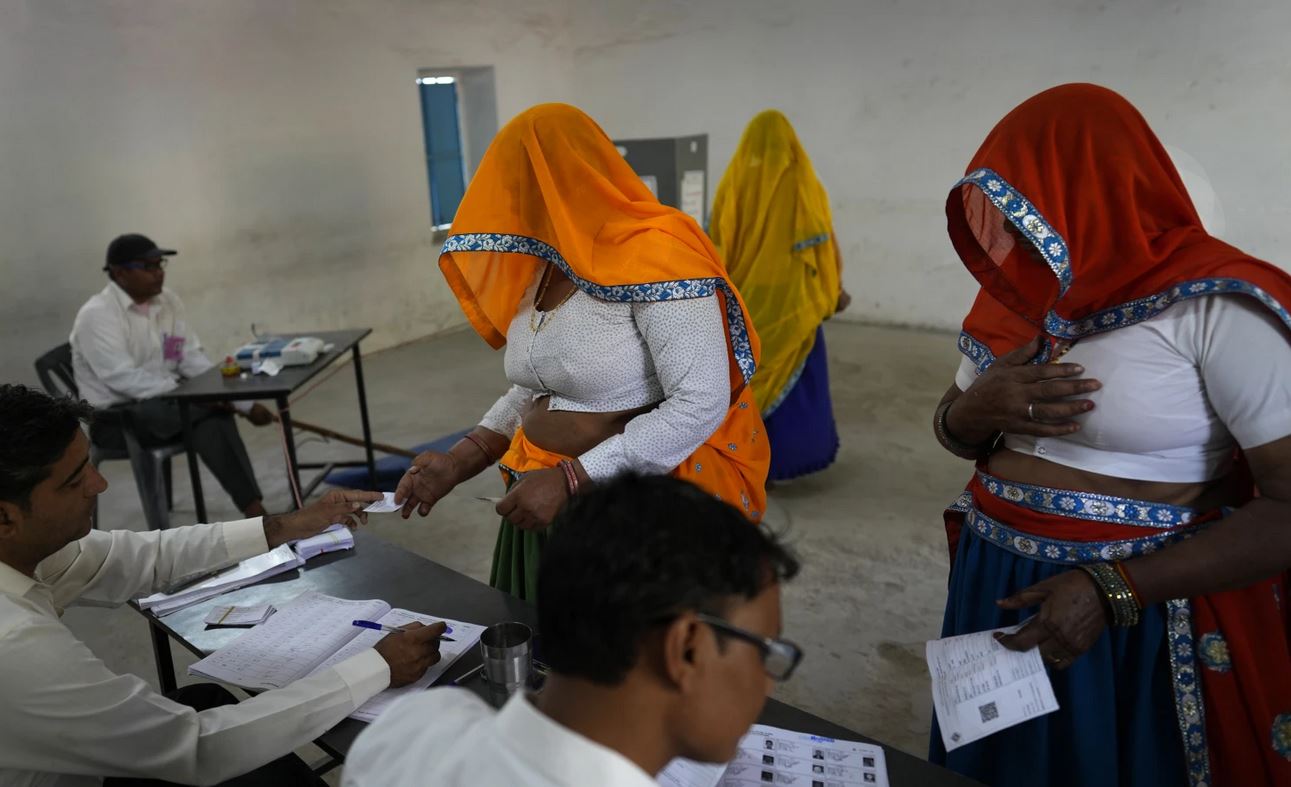
OR
CONNECTING DOTS
More from Author
At the eastern gateway of Nepal, AC-cooled interior of the bus welcomed me. But the ‘foreigner’ occupying the adjacent seat wasn’t so welcoming. No I hadn’t seen his passport yet, but he was a white, a khaire. He looked at me, and looked away.
This was the last stretch of travelling circuit for me. I had started three weeks back from Tribhuvan International Airport, Kathmandu, boarding a flight to New Delhi. Now, I was in a bus to Kathmandu from Kakarbhitta, in Jhapa district, after having visited seven Indian cities, including the industrial city of Ludhyana in the west and the densest city Kolkata, in the east.
I was persistent, I did not want to slump into the seat without my ‘arrival’ being acknowledged. I almost stared at him, till he sensed it and turned his face towards me, lazily. I nodded, and he blinked his eyes back. And he made an effort to move his lips resembling a smile.
When he told me his name, I thought it was ‘Iron’.
‘A strong name, indeed!’ I was about to quip but withheld, and asked him how it was spelled. “It’s A-A-R-O-N,” he said.
It is always better for the country and the society to be fair, even to the ‘fair’ people.
Aaron is a Canadian and also an overseas citizen of India. He said he lives in Pune in India, and is married to a “Nepali from Darjeeling.” I added, to share information and also in a way to correct him, “I am also married to an ‘Indian of Nepali origin’ or ‘Nepali speaking Indian,’”
Somehow, nowadays, I think it is not politically correct to call my wife a ‘Nepali from India’. Because, our Madheshi friends are not ‘Indians from Nepal’.
“Whatever,” he frowns. Despite the four years spent in the sub-continent, Aaron was not much interested in micromanagement of the issues between the two neighbors.
For the next half an hour, in an awesome one way communication, I explain the issues of identity, in Nepal and in India. Identity politics in Nepal is included, inadvertently. We also ‘talk’ about the term ‘Gorkha’ and the demand for ‘Gorkhaland’. At the end of the hour of most enlightening communication ever, I mean for him of course, he interjected to ask if the bus will stop for a break.
And soon, cleverly, he changed the topic.
“I have a question to ask. Why are the domestic flights enormously expensive for foreigners in Nepal?” I was on a back foot now. Were there any logical reasons? There did not seem to be any.
“For people of my skin and tone, the plane tickets are very costly.” Aaron raised his voice against the discrimination.

REPUBLICA
He was right. The fare is almost four times what it is for a Nepali citizen. And it is a form of discrimination. It does not make sense. It seems to be a result of the thinking that all ‘fair-skinned’ people are rich and they can and hence should pay more for everything: bottled water, biscuits or flight fares.
It also is not the case that the airlines charge the foreigners more to subsidize the Nepali passengers. Only the flights between Kathmandu and Pokhara receive comparatively significant number of foreigners. In other routes, as it is, there are very few foreigners travelling to matter economically for the airlines. And this ‘third degree discriminatory’ pricing policy is limiting them further.
This ‘policy’, which in my view is not only illogical but un-economical too, is harmful for tourism in Nepal. The high fare for foreigners, other than those who belong to SAARC nations, is keeping them from visiting other tourist areas of Nepal. Flights are too expensive and the road transport is not reliable at all.
One example, of an effective tourism strategy, is Bhutan.
With an aim to attract only the high value tourists to Bhutan, they have an expensive visa fee of US$ 250 per day for foreigners. Even if it doesn’t have a political aim, the leaders there feel it definitely helps keep the ‘cheap’ influences away, and many nosy outsiders peaking into the ‘internal happiness and peace’ are avoided.
We do not have to emulate Bhutan. It may not even be practical. But we should be clear on how we want to strategize our tourism. Someone somewhere definitely needs to give a serious thought to the matter. And it is always better for the country and the society to be fair, even to the ‘fair’ people. That way, your proud and zealous representatives are not trapped in awkward situations.
Twitter: @dn_ktm
You May Like This

Not laughing at him, definitely not!
KATHMANDU, Nov 6: On November 4, in one of the Bundesliga (German top-tier football league) games, a rather unusual moment took... Read More...

We will not allow polls if the statute not amended by May 18: Mahato
KATHMANDU, May 11: Senior leader of Rastriya Janata Party Nepal (RJPN) leader Rajendra Mahato has warned that his party will... Read More...

‘500-Denominated banknote not illegal, but not exchangeable’
KATHMANDU, Nov 26: The newly-circulated Indian banknote will be illegal to exchange in Nepal until the Reserve Bank of India... Read More...

Just In
- Indians vote in the first phase of the world’s largest election as Modi seeks a third term
- Kushal Dixit selected for London Marathon
- Nepal faces Hong Kong today for ACC Emerging Teams Asia Cup
- 286 new industries registered in Nepal in first nine months of current FY, attracting Rs 165 billion investment
- UML's National Convention Representatives Council meeting today
- Gandaki Province CM assigns ministerial portfolios to Hari Bahadur Chuman and Deepak Manange
- 352 climbers obtain permits to ascend Mount Everest this season
- 16 candidates shortlisted for CEO position at Nepal Tourism Board







_20220508065243.jpg)










Leave A Comment